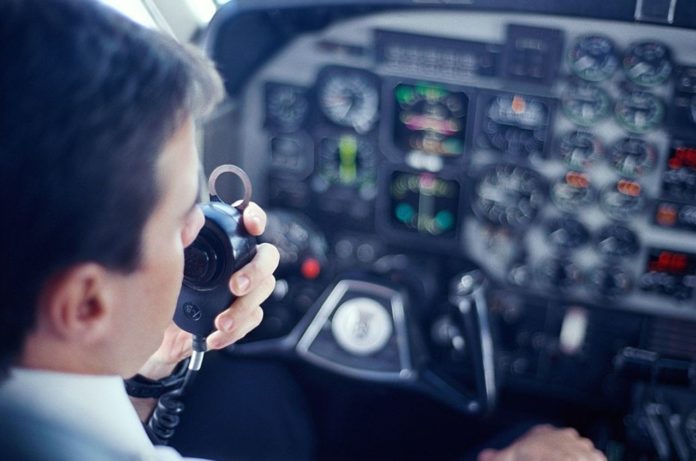Mistakes in mid-flight are becoming more common as countries attempt to open up.
Over the past months, dozens of incidents have been recorded around the world.
The pilots of the world’s airlines, returning to work after a long break due to the coronavirus pandemic, are making more and more mistakes in the air.
For example, returning to the cockpit after recovering from COVID-19, an airliner pilot forgot to start the second engine on his aircraft for take-off, an error that could have led to disaster if he had not aborted the flight.
Another pilot, returning to the airstrip early in the morning after a seven-month vacation due to the outbreak, noticed almost too late that he hadn’t lowered the wheels and pulled out of the approach barely 800 feet (240 metres) from the tarmac.
And recently, a passenger plane leaving a busy airport had gone in the wrong way, flown by a captain who had returned to duty for the first time in over six months.
As the report points out, since the start of the pandemic, dozens of mistakes have been discreetly reported by out-of-practice pilots and are recorded on a low-profile database designed to spot emerging safety threats. The FAA-funded monitoring system has been in place for decades, but it is suddenly flashing warning signs as planes return to the skies throughout the world.
According to consulting group Oliver Wyman, substantial airline cuts have left 100,000 pilots working skeleton hours or on long-term leave around the world. Many of them haven’t travelled in over a year. However, as vaccination rates improve, fears are mounting that a lack of proficiency, confidence, or even a single moment of forgetfulness might result in disaster.
“It is really a critical situation. The last thing the industry needs now is a bad accident,” said Deutsche Lufthansa AG pilot Uwe Harter, who has not flown since February 2020, as quoted by Bloomberg.
According to the pilot, some airlines provide pilots with appropriate retraining, but most offer “the bare minimum” or do nothing at all.
The report shows that since Covid brought travel to a halt, aviation has mostly been defined by its huge financial losses — $138 billion last year alone, with another $52 billion predicted in 2021.
As the industry strives to recoup some of its lost revenue, airlines with stronger balance balances have the luxury of managing the safety concerns posed by returning pilots more effectively than others.
Image Credit: Getty
You were reading: Pilots are more likely to make mistakes in the air – report
